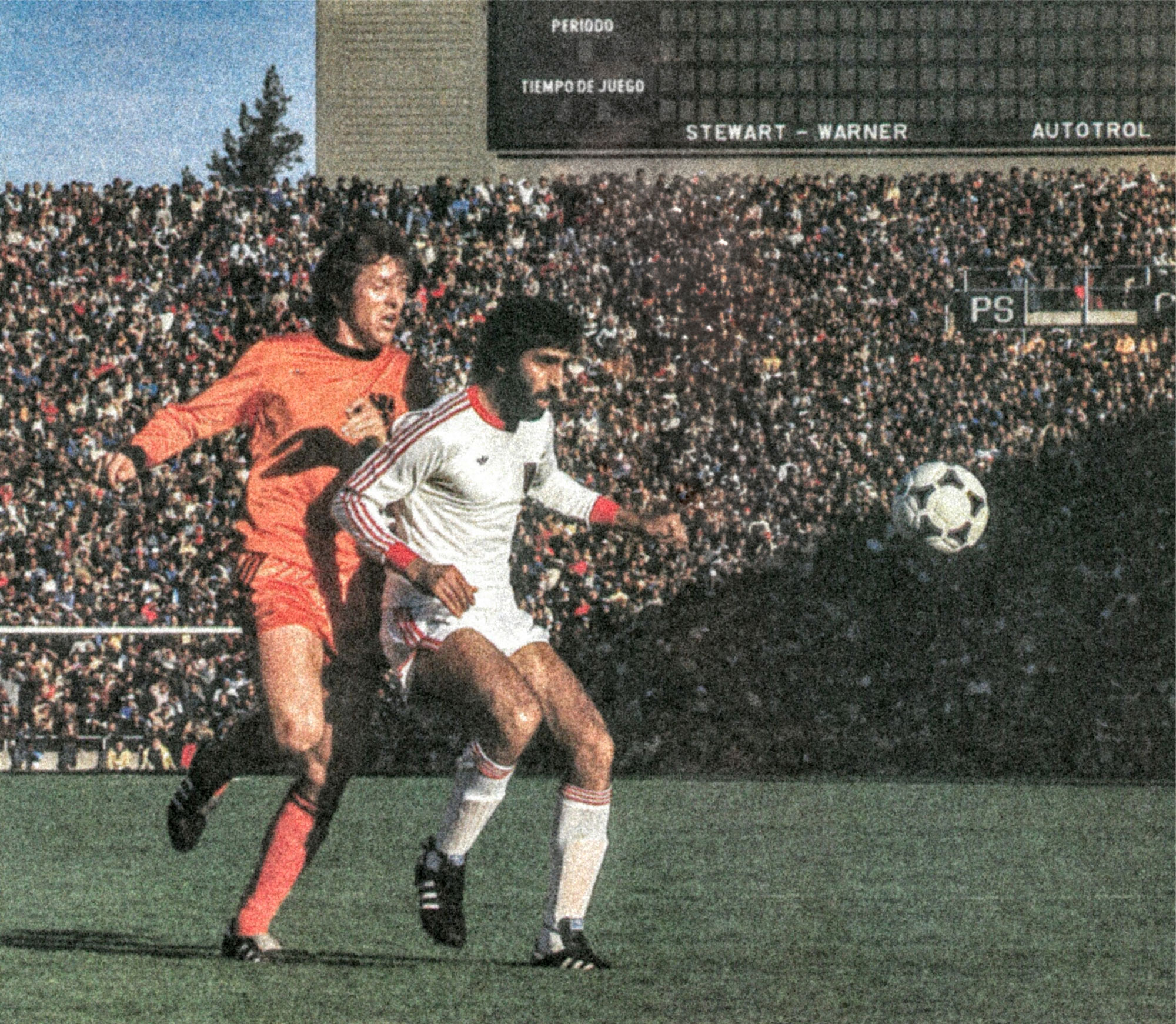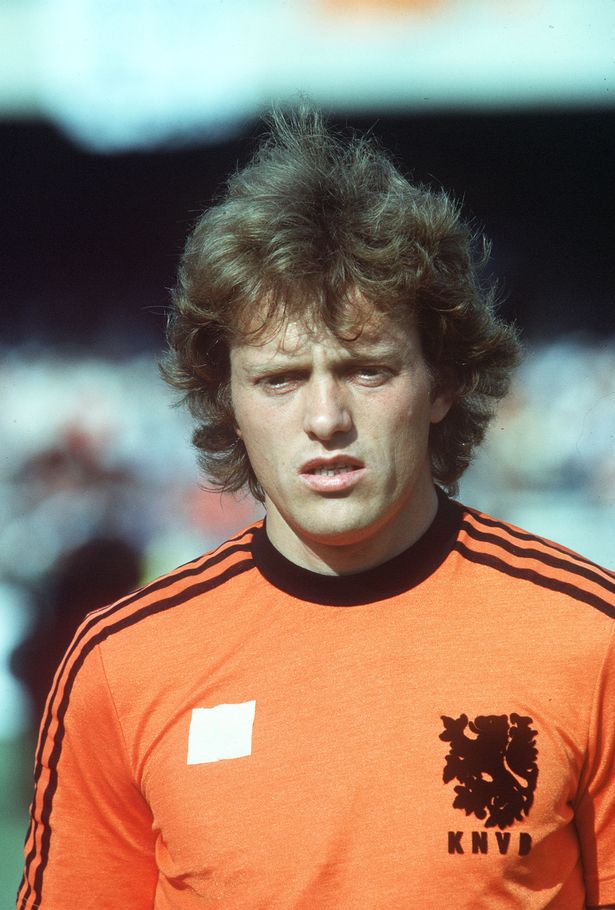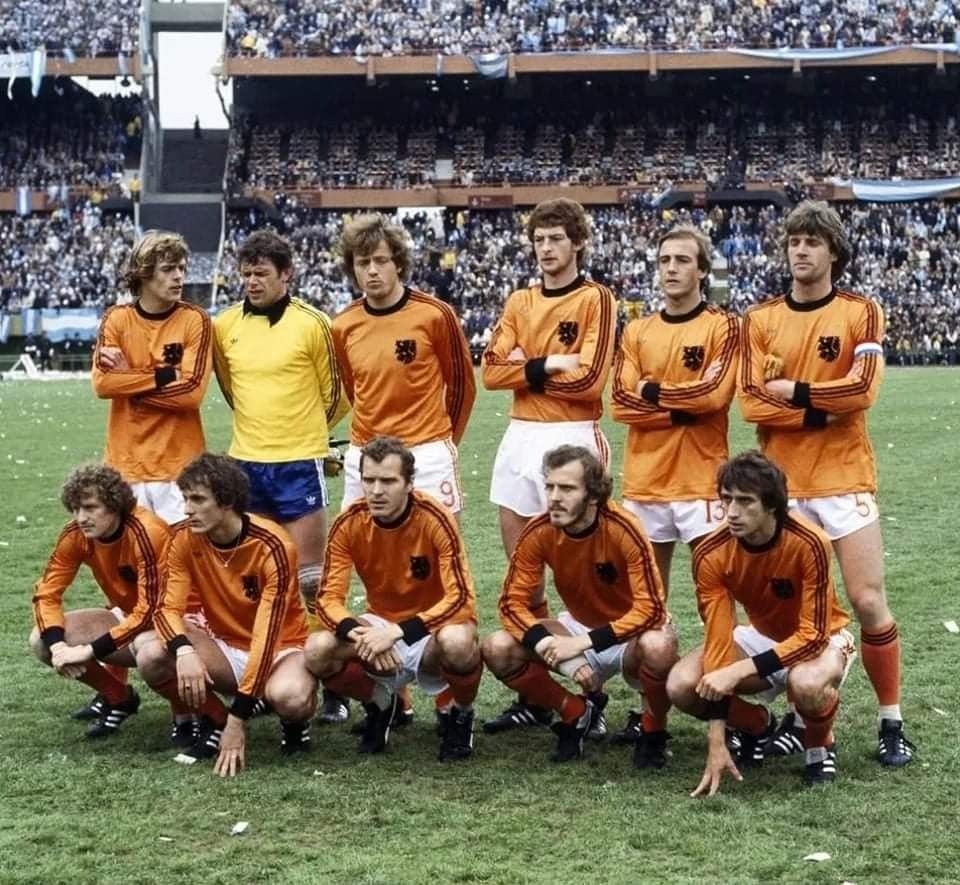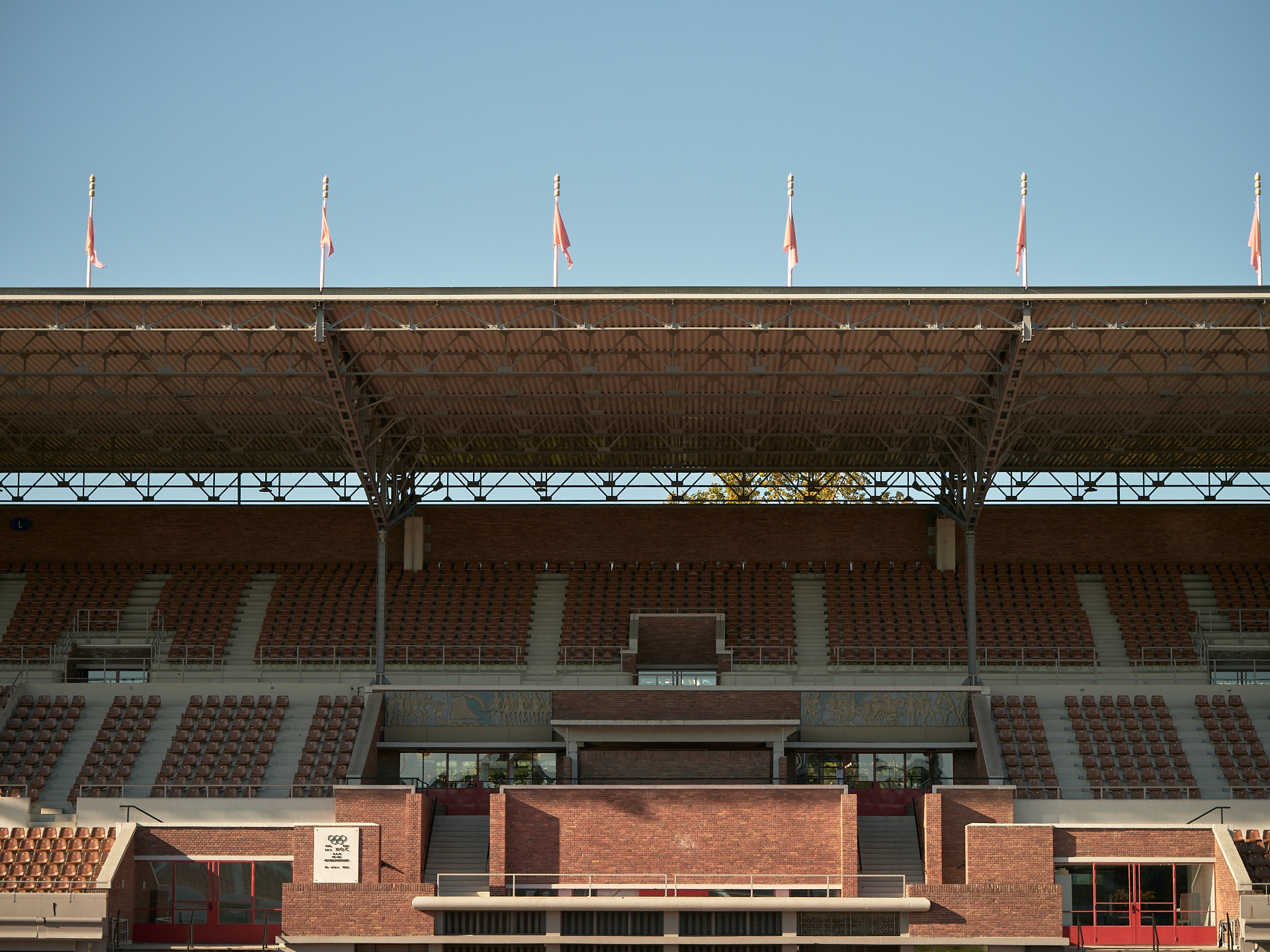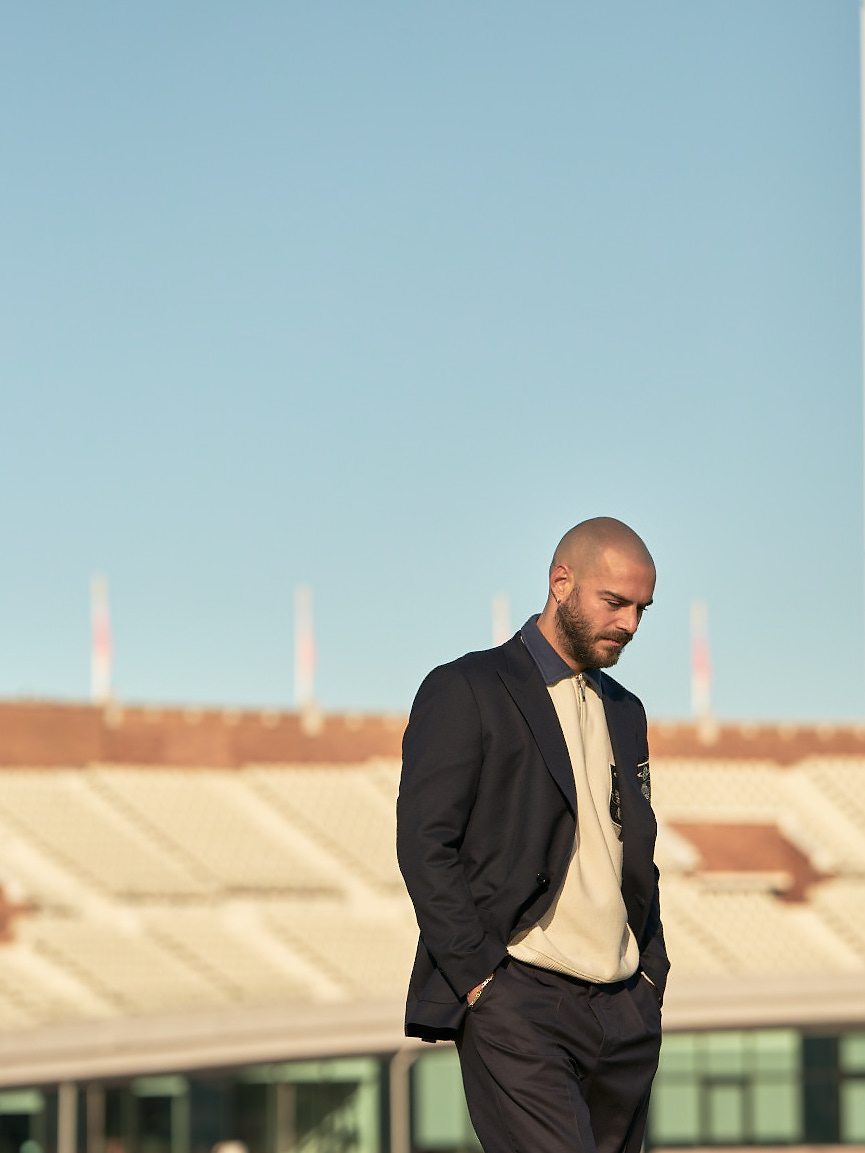
New in
![]()
![]()
New arrivals
Ready-to-Wear
![]()
![]()
Ready-to-Wear
Each item is thoughtfully selected to complement your wardrobe with timeless sophistication.
Ready-to-Wear
Each item is thoughtfully selected to complement your wardrobe with timeless sophistication.
Made-to-Measure
![]()
![]()
Spring/summer looks
- Refined luxury meets the relaxed freedom of spring and summer with effortless tailoring.
- Discover looks
Clothing
Accessories
Made-to-Measure
Tailored to your body and style, designed down to the smallest detail.
Made-to-Measure
Tailored to your body and style, designed down to the smallest detail.
Wedding
![]()
![]()
Get wedding ready
- Whatever you have planned, we can help.
- Discover more
Wedding looks
- Wether you’re the groom or a guest, explore some of our favourite looks to discover the one for you
- Discover more
Our story
![]()
![]()
Our community
- A snapshot of some of the great people creating key pieces with us
- Discover more
Becoming a client
- Once you’re in, you’re in. You’ll be able to explore all the possibilities and experience unparalleled personal service.
- Discover more
